
From Humble Beginnings the Market Grew.....
The Saturday Market from 1978 to the 90’s
the changing face of our village
from the 50’s and 60’s into the mid 90’s
| Accession Number | interviewer | Historical Society presentation by Barb Aust | |
| Date | Sept. 12, 2012 | Location | Central Hall |
| Media | digital recording | mp3 √ | |
| ID | duration | 19 min |
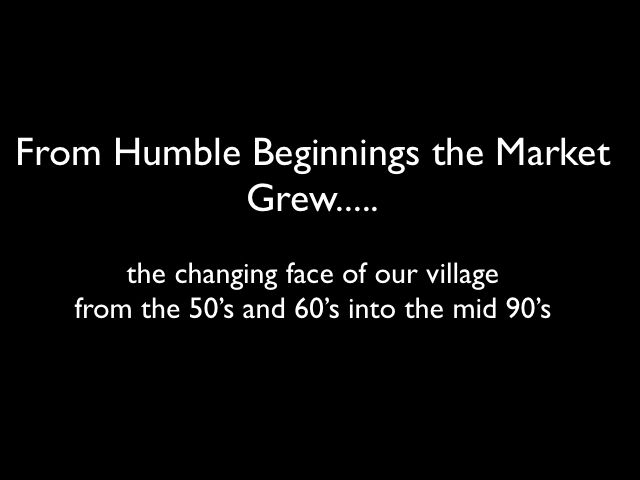 s1.a.jpeg
s1.a.jpeg
 s1.b.jpeg
s1.b.jpeg
 s3.a.jpeg
s3.a.jpeg
 s3.b.jpeg
s3.b.jpeg
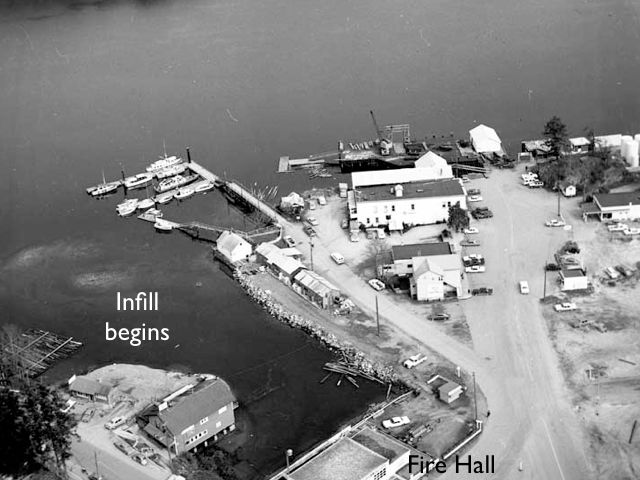 s4.b.jpeg
s4.b.jpeg
 s5.b.jpeg
s5.b.jpeg
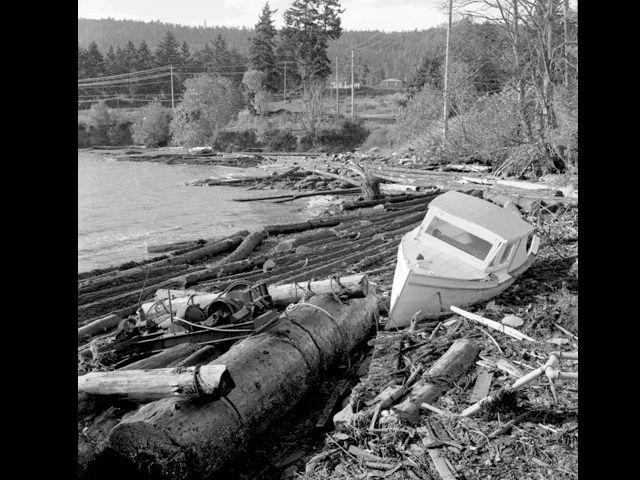 s6.b.jpeg
s6.b.jpeg
 s7.b.jpeg
s7.b.jpeg
 s8.b.jpeg
s8.b.jpeg
 s9.b.jpeg
s9.b.jpeg
 s10.b.jpeg
s10.b.jpeg
 s11.b.jpeg
s11.b.jpeg
 s12.b.jpeg
s12.b.jpeg
 s13.b.jpeg
s13.b.jpeg
 s14.b.jpeg
s14.b.jpeg
 s15.b.jpeg
s15.b.jpeg
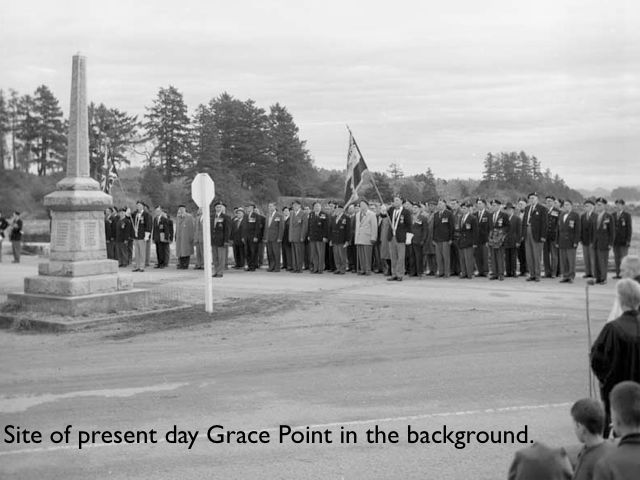 s16.b.jpeg
s16.b.jpeg
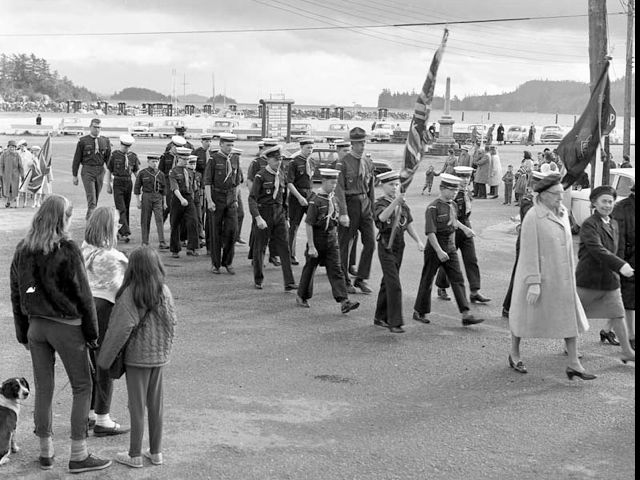 s17.b.jpeg
s17.b.jpeg
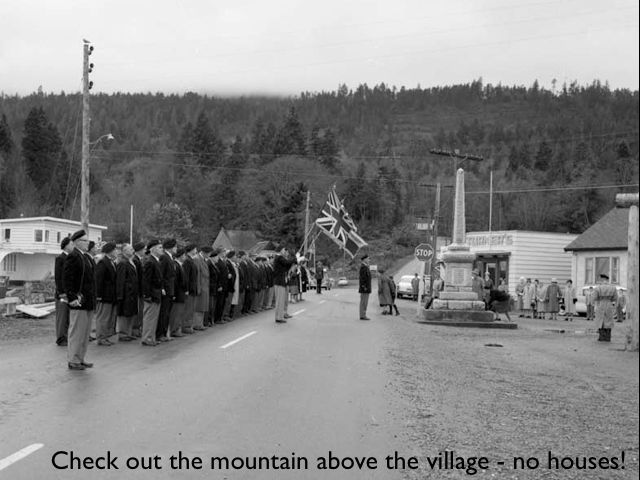 s18.b.jpeg
s18.b.jpeg
 s19.b.jpeg
s19.b.jpeg
 s20.b.jpeg
s20.b.jpeg
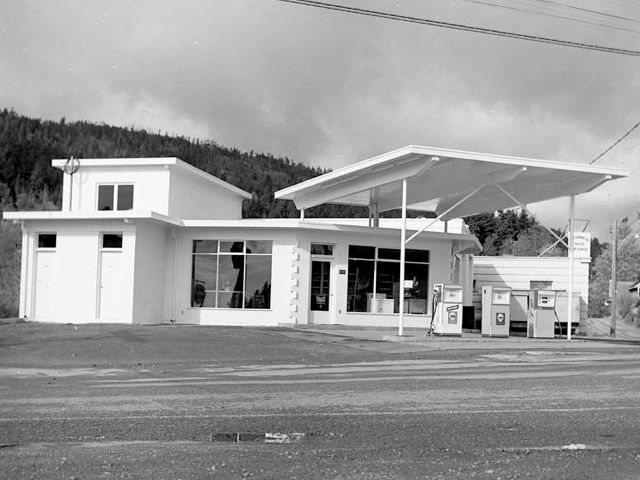 s21.b.jpeg
s21.b.jpeg
 s22.b.jpeg
s22.b.jpeg
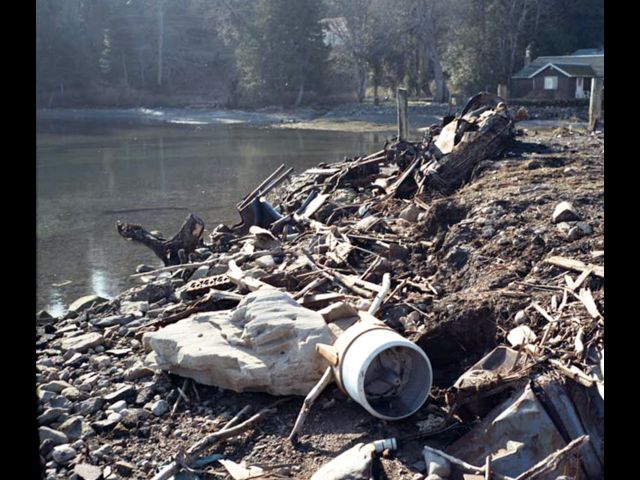 s23.b.jpeg
s23.b.jpeg
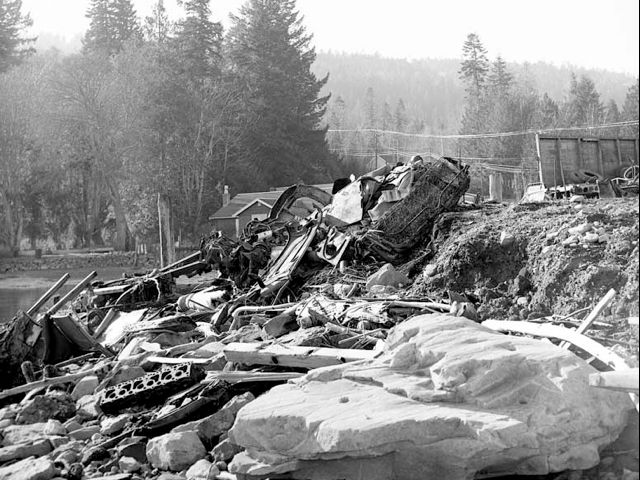 s24.b.jpeg
s24.b.jpeg
 s25.b.jpeg
s25.b.jpeg
 s26.b.jpeg
s26.b.jpeg
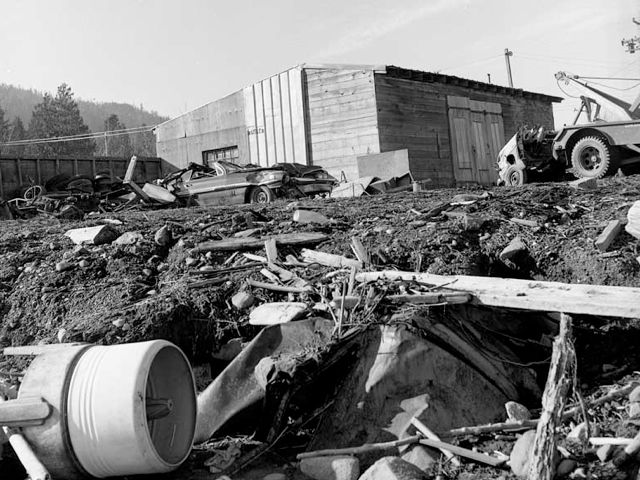 s27.b.jpeg
s27.b.jpeg
 s28.b.jpeg
s28.b.jpeg
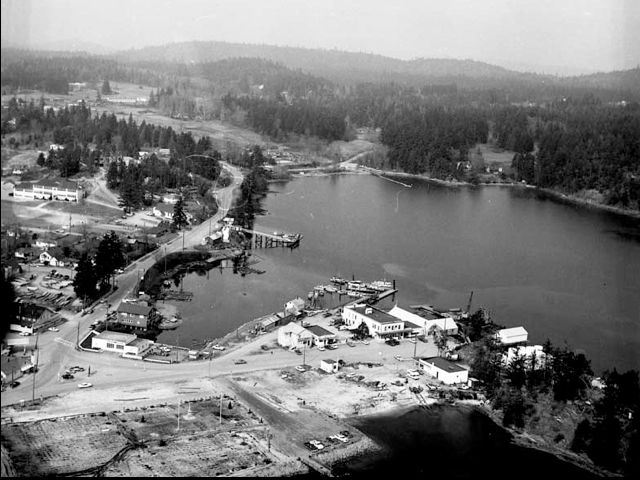 s29.b.jpeg
s29.b.jpeg
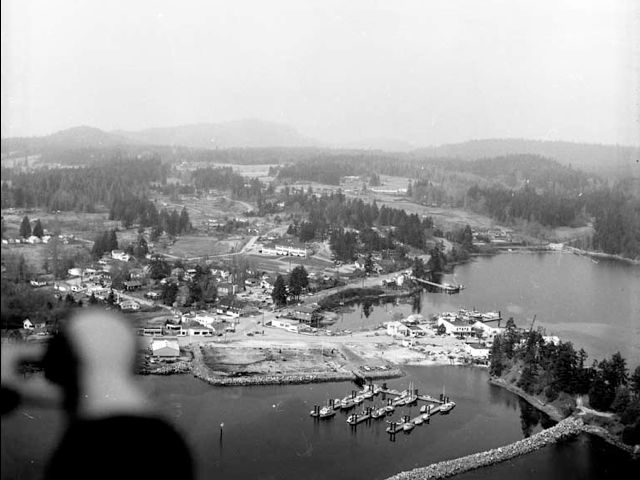 s30.b.jpeg
s30.b.jpeg
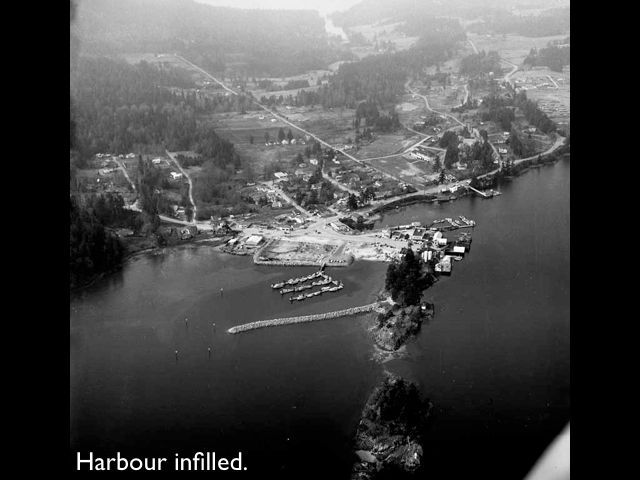 s31.b.jpeg
s31.b.jpeg
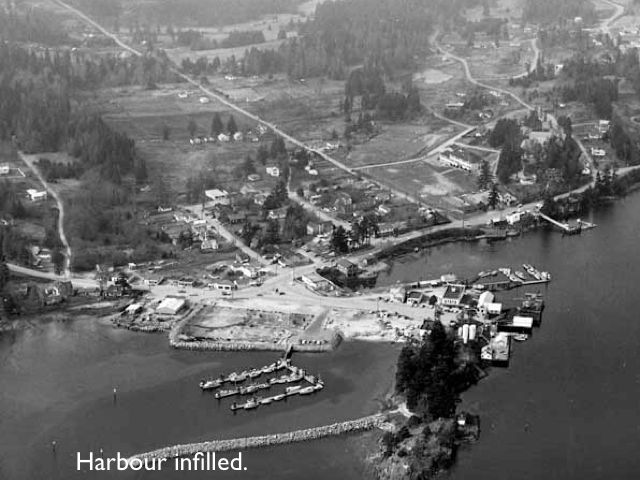 s33.a.jpeg
s33.a.jpeg
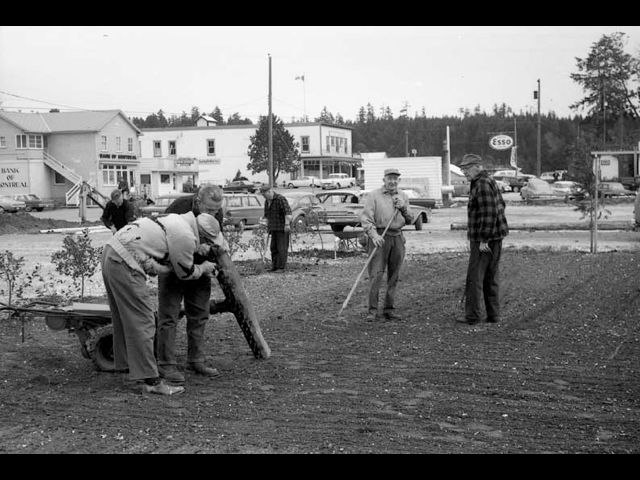 s33.b.jpeg
s33.b.jpeg
 s35.a.jpeg
s35.a.jpeg
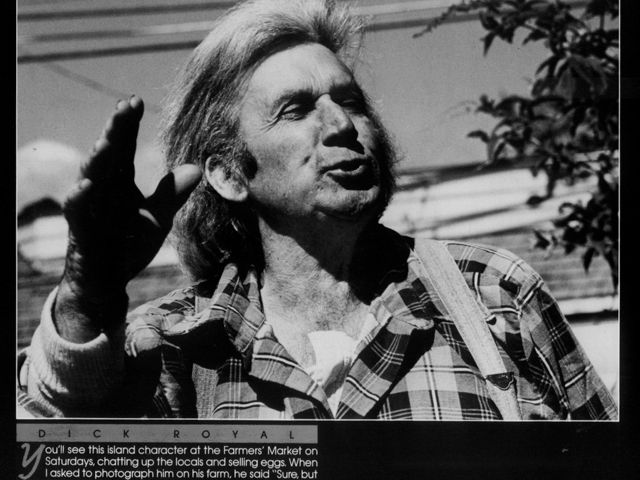 s35.b.jpeg
s35.b.jpeg
 s36.b.jpeg
s36.b.jpeg
 s37.b.jpeg
s37.b.jpeg
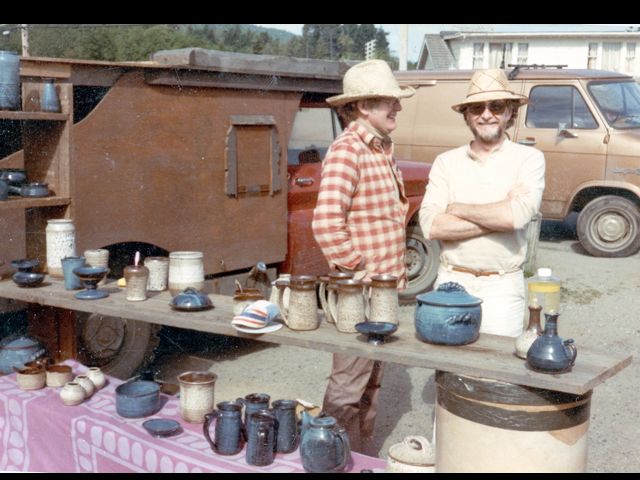 s38.b.jpeg
s38.b.jpeg
 s39.b.jpeg
s39.b.jpeg
 s40.b.jpeg
s40.b.jpeg
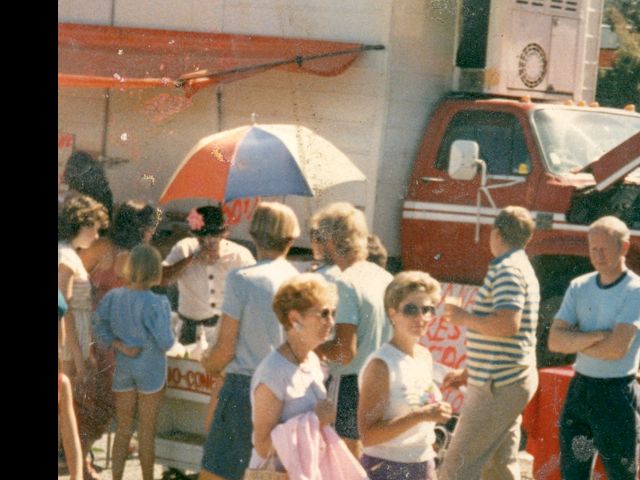 s41.b.jpeg
s41.b.jpeg
 s42.b.jpeg
s42.b.jpeg
 s43.b.jpeg
s43.b.jpeg
 s44.b.jpeg
s44.b.jpeg
 s45.b.jpeg
s45.b.jpeg
 s46.b.jpeg
s46.b.jpeg
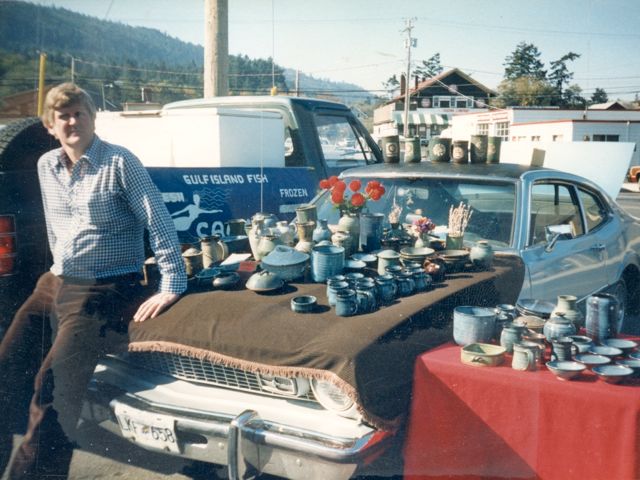 s47.b.jpeg
s47.b.jpeg
 s48.b.jpeg
s48.b.jpeg
 s49.b.jpeg
s49.b.jpeg
 s50.b.jpeg
s50.b.jpeg
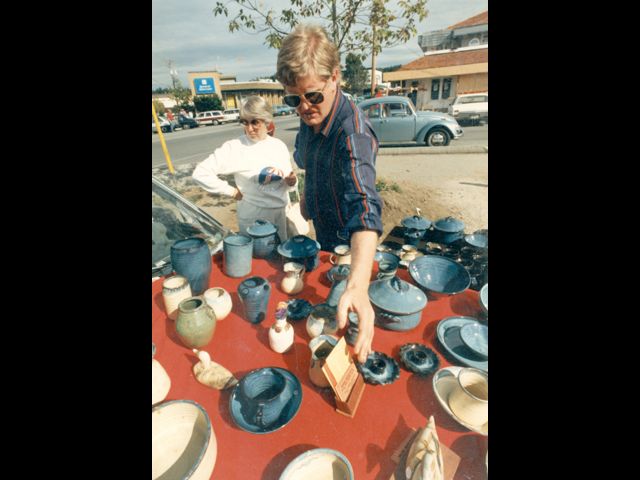 s52.a.jpeg
s52.a.jpeg
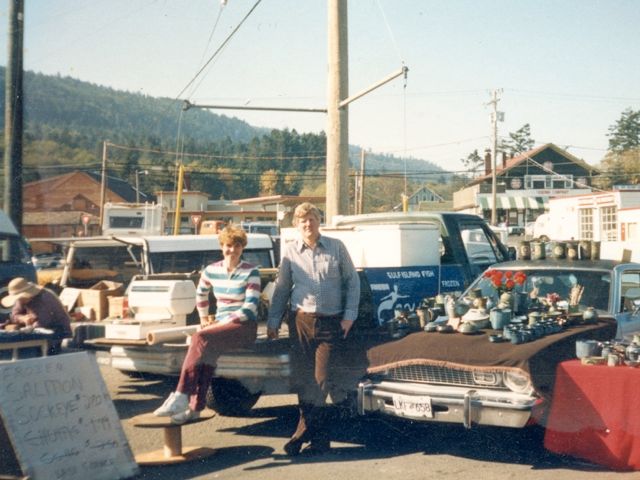 s54.a.jpeg
s54.a.jpeg
 s54.b.jpeg
s54.b.jpeg
 s55.b.jpeg
s55.b.jpeg
 s56.b.jpeg
s56.b.jpeg
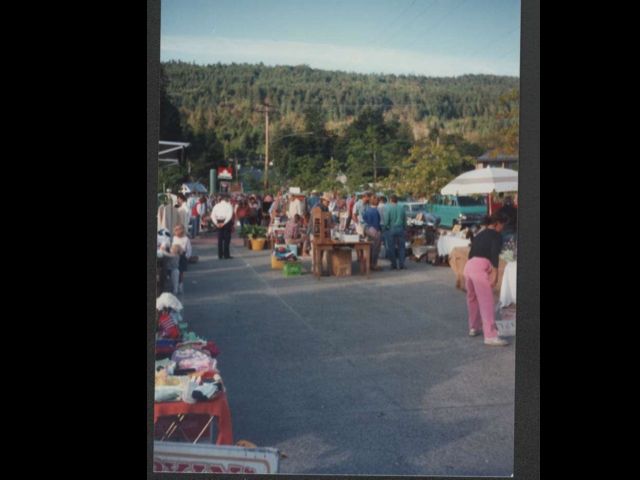 s57.b.jpeg
s57.b.jpeg
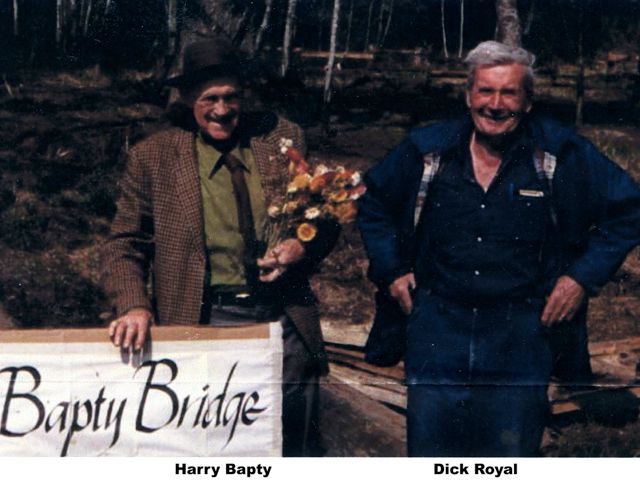 s58.b.jpeg
s58.b.jpeg
 s59.b.jpeg
s59.b.jpeg
 s60.b.jpeg
s60.b.jpeg
 s61.in.1.png
s61.in.1.png
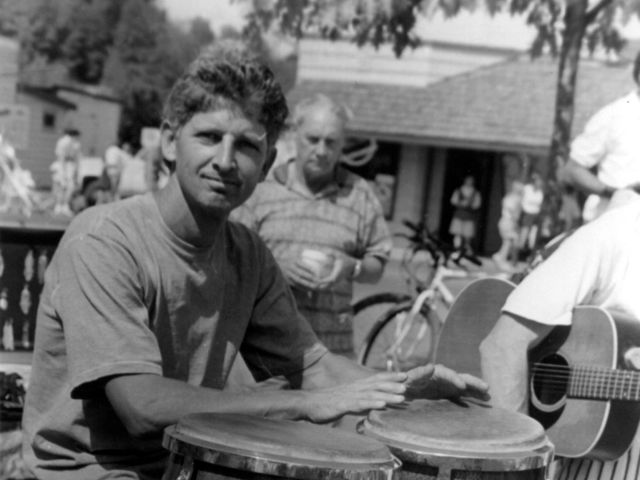 s62.a.jpeg
s62.a.jpeg
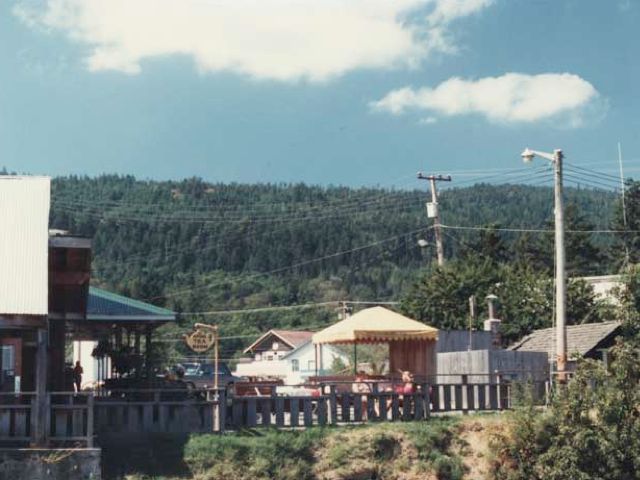 s62.b.jpeg
s62.b.jpeg
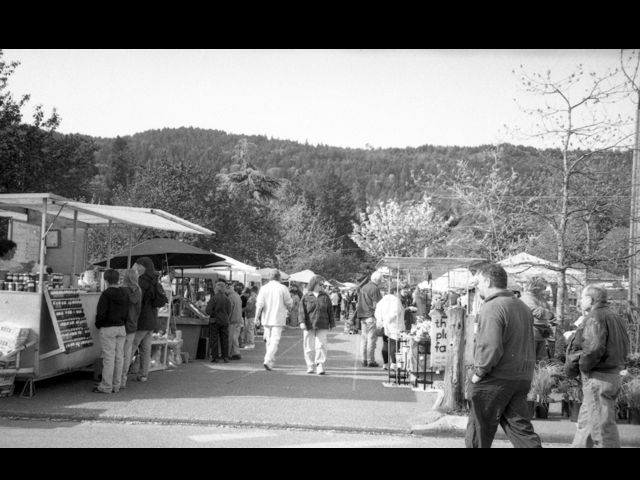 s63.b.jpeg
s63.b.jpeg
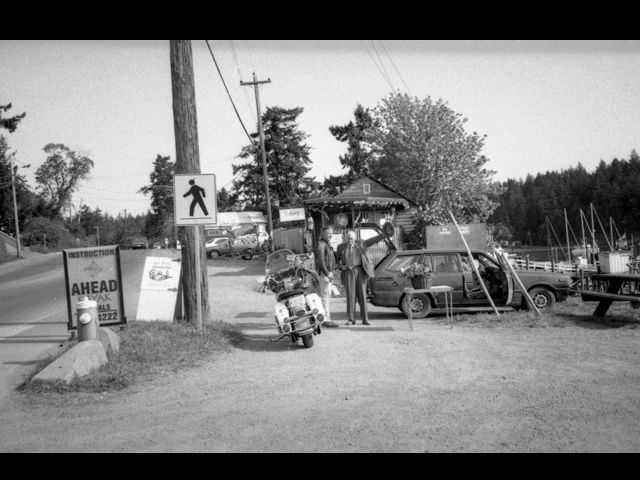 s64.b.jpeg
s64.b.jpeg
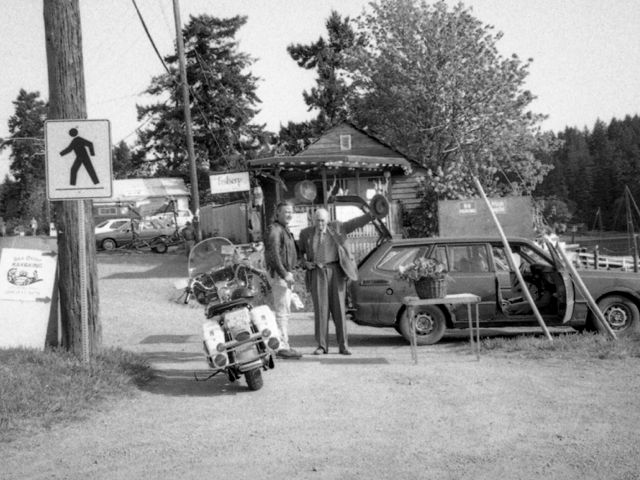 s66.a.jpeg
s66.a.jpeg
259_Barb-Aust_Saturday-Market.mp3
otter.ai
13.04.2023
no
Unknown Speaker 0:00
one on one and then this one on oh one oh yes this
Unknown Speaker 0:11
was the one I had
Unknown Speaker 0:25
well we can we can put it round this side that might make it a bit better
Unknown Speaker 0:36
we're just trying to help looping this through here
Unknown Speaker 0:59
other ones here
Unknown Speaker 1:29
guys
Speaker 1 2:03
got like seven minutes to go 10 minutes anybody's got
Unknown Speaker 2:17
a few German drinking songs from do
Unknown Speaker 2:25
you have to bring your own beer I just sat down
Unknown Speaker 2:51
to
Speaker 1 2:57
think that Bob is outside checking for tomatoes
Unknown Speaker 3:19
nope right all the park sets at the park is getting built interesting to your mind
Unknown Speaker 3:47
I'm Rachel Rachel Carson beginning
Unknown Speaker 4:18
crazy
Speaker 1 4:41
you take a site
Speaker 2 4:53
did I tell you that when I got my brother the other day at number six banana rose
Unknown Speaker 4:59
and Negative oh yeah
Speaker 1 5:12
yeah this is hard to figure out
Unknown Speaker 5:34
no research
Unknown Speaker 5:45
trying to
Unknown Speaker 5:52
know
Unknown Speaker 5:58
numbers
Unknown Speaker 6:07
it's gonna be tricky
Unknown Speaker 6:35
are you slowing down a bit since I retired
Unknown Speaker 6:50
the midst of
Unknown Speaker 7:05
doing
Speaker 3 7:43
evening wrong shelter Sure well central New
Unknown Speaker 8:19
Jersey drastic and yeah we always say oh I see so I always liked it the last
Unknown Speaker 8:48
time possible
Unknown Speaker 9:07
you one of the boys
Unknown Speaker 9:20
the number one female dogs talking about dogs I totally agree they are here yeah man because I didn't
Speaker 4 9:43
want my own dogs to go blind
Unknown Speaker 9:50
so I've got my help
Unknown Speaker 9:59
here Oh yeah it's funny however
Unknown Speaker 10:27
my one
Speaker 4 10:29
to one or two lines here they cannot agree
Unknown Speaker 10:44
so when you're talking
Speaker 4 10:53
to the doors I just don't have nothing on the door so close to the class today Sunday standing on something that's very funny so he said he saw the house when I said yes I said you know rotates around and whatnot so he's doing that as he's not coming
Unknown Speaker 11:49
in she now has retired
Unknown Speaker 12:02
but
Unknown Speaker 12:04
when we got there one of
Speaker 5 12:14
my listeners give me away my sit here so you're stationed here anyway this lady you're moving on the most
Unknown Speaker 12:36
so she has to feel as well read more
Unknown Speaker 12:52
that a blue one the blue one
Unknown Speaker 13:08
says she said because
Speaker 4 13:19
it's a promising that's about you know I will also have
Unknown Speaker 13:24
an optical like I said
Unknown Speaker 13:30
I said would you like for me
Unknown Speaker 13:39
lesson together
Unknown Speaker 13:46
we want to go up on the screen
Unknown Speaker 14:05
gotta be careful easy to get in trouble
Unknown Speaker 14:22
all the way
Unknown Speaker 14:30
back
Speaker 3 14:42
Good afternoon I would like to start shall do the actual presentation. I like to welcome you back another year. There we go again. We meet on the second Wednesday of each month in September, October, November, December, January, February, March and April, and our AGM in May, so we don't meet through the summer. So we have seven sessions, and outline a bit about some of the programs that we have coming up. The market program today will start in just a minute, but I just want to mention that our financial statements on the sidewall over here, we're still solvent, slowly sinking, but we're still solvent. And we don't have any correspondence up, Susan, no correspondence. And membership is due now September to May as our membership year, Barb has been collecting him at the back. So if you'd like to join, you can pay your $10. That'd be the best deal in town. Yes. Really? Well, next year will quote you. But we hope to turn around there, but our expenses are going up. And we were we moved to the new facility. sometime in November, we hope to have everything in place so that we can just carry on with our same membership fee and membership people. I'll talk a bit more about that at our next meeting. But library, according to Duncan, is progressing fairly closely to their original schedule. So November looks like we'll be on the move the archives, that is the library will be moving through that period of time as well. So that's exciting for us. I was in there the other day and had a quick look at the new archives. And that looks quite large compared to what we're used to two rooms. One is the ball. One is the work area. And both are going to be exceptionally well used by our group. And we're always looking for volunteers. So volunteers to operate and help and do our scanning and cutting and clipping and write ups and all the things that we do in the archives and filing, etc. And we always need people we don't need to be experienced will train you. We'd rather sometimes not to have trained people because we like to train you the way we like to do. We're able to carry on. The other thing is that we have to open up another afternoon. We right now our sort of minimal time in the archives. We have Wednesday and Thursday mornings in salt street Elementary School, in the basement, we'll be moving out of there and we go to the archives we have to open up another day either. We try to open up in an afternoon slot of people can't make the morning session. So we have more than that when we go. I'd like to introduce to you can read my writing. Let's see Susanna that right? Okay, Shazia is from a university, and she's working on a PhD, hopefully a Ph. D. program in business and marketing. And she's interested in maybe making the market the focus of her her dissertation and her studies. So that's why she's here today. And she's welcome. Thank you very much. Next program will be the private journals of Captain GH Richards. You may have heard read about the book that's been published by two women who have researched him he did all the surveying through here through the various islands and so on. And much more than just the Gulf Islands but serving the Pacific coast. And they're going to come and make a presentation to us in October, on on on the research they found from their book, so that should be a good program, and one that be very informative. And then in our November program, we're what we've asked the Patterson family you know, some of you may have seen their program when they presented it at the center down in south of the seniors hallway in Fulford Hall. But the North Enders didn't get a chance to see a lot of that program, because there wasn't a lot of room and plus, it was done as a tribute to the Patterson family. And so they've agreed lattices agreed to come forward and represent some of that program to us and our November meeting, and that was a really good program. So even if you saw it before, you probably find it very interesting. As you know, Patterson's are one of the older, established families on the island and have lived in the forefoot area and the older beaver Point area for many years, and they've run the stores and so on there. So that'd be our November program. If any of you would like to be our January program, will you please stand up? And we haven't got one yet, but we're working on and the last thing is that we do need a volunteer to to help us at the Fall fair on the weekend in the museum. We opened the museum for a couple of hours. I know some people that are here have already volunteered I'll send the schedule out tonight. But we do have one or two slots. So if you're at the Fall fair Laker go in and help out around the museum as matter just being there to watch it rather than actually doing anything. And it allows people to come and go as part of our program. Okay, so that's Saturday, or Sunday. Let's see, I think that's it. Oh, yes, one more thing. As part of our program, always we have the tea and coffee at the end of the meeting. And we have a sign up sheet over here, that was just going to be circulated. We'd like if possible for you to sign up and what you do, and you sign up because you commit yourself to things. Bring the Nymo bars for me, and something else for the other people. help set up the tea and coffee and sort of work your way into serving the tea service at the end of the afternoon. And that's will be available, and it gives us a chance to talk to our speakers in a more informal way. Okay, ready, Bob? Okay. Bob asked is presenting today, history of our market, I believe she's researched, come up with some interesting findings. The barber is no stranger to our society, she is a participant and has given presentations in the past on the greenest women of Salt Spring Island, not working on her second sequel, the greatest men and Saltspring island. But she will have to work with her daughter, right. And today, presentation is based on a series of papers and research and materials that she has found in our archives, and also in general discussion with members of the community who who are part of the founding of the market. So Bob, we look forward to your presentation. Thanks very much.
Speaker 2 22:00
Hello, everybody. It's been a really interesting journey, looking at the beginnings of the market. Because like everything else on Saltspring, all you have to do is scratch the surface, and you find a controversy. So I didn't have to scratch the surface on this one, all I had to do was wave my hand near it. And there were all sorts of things that came up. So I had quite a struggle trying to figure out how to go about it. Because in the beginning, there was lots going on around what the farmers were doing. But then in the 80s, it began to change. And then there began to have the market wars and and then there was this side and that side and that side and the other side. And I thought all I have to do is talk to one side and and miss somebody out, and we're going to be in trouble. And I didn't want to wear the bullseye any longer. So what I've done is done an overview of it. And I found in doing it, but you couldn't look at the beginnings of the market without looking at the changing demographics, the changing work environment on the island, the changing landmass that happened in Ganges in the 60s. So there's, there's more to it than just talking about the market, there's looking at the progression of our village, as well. So I hope you enjoy it. I really had a good time looking through all the Marshall sharp pictures, because they're quite fascinating. There's a ton of stuff that's there. I have forgot to bring up some of my papers. So excuse me for one moment.
Unknown Speaker 23:45
And hopefully I didn't. So what I have to do is try and rely on my memory.
Speaker 2 23:58
Just struggle with time. The people I want to thank or Frank for his help in getting the presentation together. I want to thank Marshall sharp, the late Marshall sharp for his wisdom and taking all the pictures that he did the aerial photos that we have our grand I want to share a thank Marshall sharps family, for allowing the archives to have those negatives and to scan them. There are how many Frank
Speaker 1 24:28
70,000 17,000
Speaker 2 24:32
We've only done 70,000 So far, and that I think was a summer, a full summer with a summer student and winter. And there's still millions more and we went through 1000s of them looking for pictures for this and it's an amazing group of photos. So you'll get to see those today. And anybody else that helped me along the way again, have your names written down and no I don't have that because it's sitting on my desk at home. Thank you for very much for that. Today I really counted on having somebody sitting down at the back that's been here a number of times when I've done a presentation that always hackles and throws in the odd bits and pieces. Yeah, well, you remember when. And it saddens my heart that today and Royals not here because she passed away on Saturday. And I will show you a picture of dick. And he was one of the early farmers that was there and made Lemon Cakes. And they were fundamental parts of the early part of the Saltspring market. So very sad that set out it's not here today, and our condolences to her family. So
Speaker 2 25:53
in the beginning, in the 50s this is what Ganges looked like. This was Mrs. Turner store, not the Turner store next door the pharmacy was that I knew when I came in the mid 70s. But this right where the water is, is where thrifty there's no store what's going fast frame. This is where the fire hall is about where the Volkswagen is. There's no Centennial Park, you're looking into the ocean. The cenotaph comes up now and it's in the middle of the road. Notice the stop sign next to it. And that takes us over to gasoline alley that doesn't have it's just got the gas station and the car repair at the back. But not the extension. And it hasn't gone out into the harbor. So quite different to what we see now.
Unknown Speaker 26:53
This is what it looked like from up above. If you look right here, there's a lock source. Because the locks came in, here's where rnases Here fishery locks came in logging trucks came in and dumped the logs in the harbor then
Speaker 2 27:09
I that was still there when we came in the mid 70s. And I know that for a fact because my son who was seven little beast with them, and I caught him walking on the logs down there in the ocean. And he was seven at the time. So I know it was here in the mid 70s. Still. At this point, none of the harbors filled in. There's more with store. Here's Mrs. Turner store sticking out. This is about where the fire hall goes. This would be there's grace point. And sin. This will be Centennial Park. And I think we have to remember that when this was done 50 years ago. People had the awareness at that time, it's easy for us to get self righteous and upset and consider it as well. We'll look at what it did to the environment. But people didn't have that awareness that at that time 50 years ago. And I was looking back at Rachel Carson when your book was was published. And I believe it was 50 years ago. And that was the beginning of people looking at the environmental movement. So all of this is happening. Right as at the time, just a very few people were beginning to become aware of what we could and couldn't do with the environment. The NCL starts here. And there's the firehall load store. And I think that looks like it might be one of the the machines that they use that I see in later pictures when they're beginning to fill in. Old Bank of Montreal building in 1966. The moment sold that to the Bank of Montreal and they built the new building but it's still the old one there.
Speaker 2 29:15
This if you imagine yourself sitting in Salt Spring in and you look out the window. You see Calvin's which is about there. And then you see right about there is where the real estate offices and about there is where thrifty flower shop is. And then down in here would be thrift ds. So it's it's changed considerably all along here. The logs from the locks are that are probably washed up in a storm. Again, at the end of the harbor, I think from what I can gather, I think this is where the harbor house might be up in here. That would have been where Bayside is the condos and this is the You can see the the wrapping for chains or cables that have been around lots. It's probably a law firm that's broken and washed up on shore. There was a wonderful picture in here, what Mr. Hastings sitting in a garden chair over looking at just about up here, but had to cut somewhere. This is something no longer seeing a fisherman mending his next door. But when we first came here in the mid 70s, there were still fishing boats coming into the harbor that it wasn't filled with pleasure craft, it was filled with fishing boats. I remember watching them go on the herring run. And remember the smell in town, remember how it stuck that smell of carry oil. And that's a very short time when things changed. But they changed over a five or six year period greatly. And that's why I couldn't couldn't look at the market without seeing this first, because it's part of the change that was happening so rapidly. Here was the log store. You can see it the more logs in there at the time. Also the fuel that was there. And then over at Grace point, there were the same big fuel tanks that were there. And they were taken out
Unknown Speaker 31:22
in the 80s.
Speaker 2 31:25
Another one of the Bank of Montreal building and this is about where they started to fill in for the park. That's a 1963 Austin. I know that because the hack one so it's got to be around that time. And the gas station and I really got a chuckle out of this because I came across a lot of pictures in the gas station, which is now Ganges gas, but it's had every incarnation of company that you can imagine. And my husband happens to own that station now. And I thought oh, wouldn't it be fun to go through and find all the incarnations of it blow up the pictures and you could stick them on a wall? There was everything. Be a Chevron, so Petro Canada, you name it. It's been been that
Speaker 2 32:20
I put this one in to show. There's nothing out there on the hill. When you look up behind Ganges Betty, that's where your place was up there. But that's where we used to. That's right. But I don't think the house was there when this picture was not started. Oh, okay. So here's where our new library is in here. All along here is where the roasting company is. In the mid 70s. That was a hardware store and the second home of the credit union. And I can't remember what else was there? Yeah. Health food restaurant. Why is it speaking to the hardware store? Hardware store? And this is the old Shell Station. That part's the same, but not this. Pumps are different. And who somebody has been around for donkey's years, is that Bob Lawndale or not? Anybody know? For years after Stan Lam bought the store. People affectionately called it Robert Bob store.
Unknown Speaker 33:45
Because the prices were always so high at the store. And I don't know if that's Rob or Bob himself.
Speaker 2 33:51
But I come in to think it might be i i haven't found anybody that can identify
Unknown Speaker 33:57
very much.
Speaker 2 34:02
And I don't know about you, but Stan lamb hasn't been at the corner store for a lot of years, but I still call it stands. You know, it's funny, it's hard to I still call the country grosser the JVM, and for a long time when it became the JVM, I call it the KNR. So I'm sure we're all the same. You know, we just hold on to those those patterns in our brains. And this I show you because the gas station at one time was the car dealership. A Dunkin you probably remember that. No. Maybe that was when you were away at school. Yeah, so this is a car dealership. See, it's all Class D and all around. But look at this. This is the part I want to show you. There's the ocean. And that's where we thought where we have Centennial Park. Oh no, here comes the heckler. Just when I was feeling sad. That Andra wouldn't be here. Harvard walks Okay. So here's where the land stopped, right along the way you drive in the driveway out gasoline alley, and it was ocean. And that was the beginnings of where we we have the market. This I put in to show you where Centennial where the road stopped. And that's what becomes Centennial Park. So without all of these things, the market wouldn't be happening downtown, it would either not have happened or been somewhere else. I put this thing because I think it's hilarious to see where the stop sign is. I just love it. It's so smoke out. But then of course, as we know, the Cenotaph government. But here, you can see Gray's point, or what became Gray's point. And just another one showing in the background, where the park finally ended up. This lady, I don't know anybody recognize it? It's been around
Unknown Speaker 36:16
quite a half, isn't it? I don't know. I don't know who any of those people are.
Speaker 2 36:24
And again, the hill there's the Cenotaph, which is in the middle. This, I think is where you curved around in front of the fire hall now. And the stop sign is about where it is now. And the Senate House over here. And here's the new fire hall at that time. And of course it will change again, as we now have a new place to put a firewall. But this is where the dispatcher left. And in those early days, when we didn't have all the cell phones when the walkie talkies and this and that and the GPS and everything that where they use technology to find where things were a family lives there. And if you had a fire you phoned and the dispatcher at the fire hall, then got in touch with the firemen and sent them out to fight fire. Penny for for pennies pantry lived in there as a kid with all her family. So Galen and Betty and all the kids lived in a dinky little place. This is a view of Turner store. I don't know whether Mrs. Turner had her store truck pulled down and what the story is that she ended up going across here. But this is where Harlands is now. And the pizza shops in here and help my kitchen. That was the liquor store at one time. And then it became Max me. And then he'll watch other tweets. Who else is Ralph? Ralph Smith? Yeah, so chime in if you remember something, I don't because this is a collective remain at the end of that one. Right there down here. I mean, every
Unknown Speaker 38:19
doctor lots veterinary
Speaker 2 38:24
COMM For became an administrator. Wow. What year was that the army
Speaker 6 38:29
became a real estate office in 1970s. And we go back a decade the next building over the second from the left. That's right.
Speaker 2 38:41
Oh, okay. I remember there. Was that the dry cleaner. The last one
Speaker 6 38:49
read bought us where they are one closer was Maxwell laundry and that was where a feature for you.
Unknown Speaker 38:56
Remember that? Do you target his dogs? In the first
Speaker 2 39:01
video? That's right, right. And we just had Luigis pizza was somewhere along here to maybe up there. That's right.
Unknown Speaker 39:09
Greg Jensen had a shoe repair store right in the middle there.
Unknown Speaker 39:13
Any music? Music Box? Yeah. Was there anything here? in there somewhere? Etc. Yes, yes.
Unknown Speaker 39:21
This area.
Unknown Speaker 39:23
There we go. Thank you. That's great. Thank you. Collected memories. Then we had the new Shell station. So you can see the beginnings of change in the village. The pharmacy hasn't changed at that point. But
Speaker 2 39:42
now comes the change. Get rid of all your credit. Score it says this is get rid of all of your crap time. So you have to put your hand over your heart if you're your concern is the environment because oh wait, do you see what goes in? Yeah, but it was a different One time, and people did what they did my my family are from the Shetland Islands and what they it's the most pristine, incredible water you can imagine. And they used to go to the edge of the cliff and push off the bulldozers and everything went into the drain. Because they thought, well, they will just wash away or it'll make or break water or something. And but we know differently now. And so people do things in a different way. We hope. So this is how the the area for the market came to be. Anything you can think of. Now, can you think of all the young guys around you that would love to get their nose? But look at it starting to move out and then just keep adding more and more on top? I don't know is that do you think that's just from the steam from a steam engine? Probably. Yeah, there it is. So there's the gas station that gives you an idea of how it started about issue some perspective.
Speaker 2 41:14
Bring your washing machine. And here's the starting of how it comes up. There's a shield tanks I was telling you about the workers point. Here we go. This isn't a better picture. So you see it filled in here. And that's where the market got to be established. We think about what Ganges was like before that land was there. There was just this peninsula. And I think it was even smaller, way, way, way back. None of this part was here. So there's just the peninsula's. So you either go uptown, and go up to where the GDM or the country grocer is now the town goes that way. Or if you're going to build the village, you have to make the village bigger. And that's what that hasn't even been filled in yet. That got filled in. And that's where the KNR got built here. And the 50s it's now the moments clothing store. And here's where thrift ease is right around here. So you can see how big the village became compared to what it was
Speaker 2 42:43
and there it is filled in on the Centennial Park. So you did another one, Frank. Frank, this is magic with these shows going in and out. So then it was time to plant. And if you take a look here at stick Toynbee, I believe that your dad looks like I'm positive. Yeah. I don't know who the other gentlemen are. But that, I'm sure is victorious. And if you look at the bushes along here and you look at some of the later pictures, you can begin to see how that started to fill in. You look at some of these, these little little trees that were planted and go and look in the park now and see how huge they are. And you get to see the passage of time volunteers, the parks filled with volunteers. I think that's your job again there.
Speaker 2 43:55
There a stick. So the beginnings of the market of the vegetable market. Farmers Market we're having people like Dick royal, who came and waxed eloquent. People like Peridot key people like you ever had a steady group of people tested a farms. A steady group of people that continually went to the farmers market in Centennial Park when it first started. It was just dirt and you drove in by where the gas station is was open ended and at the other end, it was open ended as well. So they would drive in, open up the trunk of the truck or the tailgate of the truck or open up the side doors of a ban. And there would be that would be the farmers market and the farmers would spend Friday night preparing. They would be washing the vegetables and making them look beautiful. I heard a story about Pat Tripoli and how he would spend every Friday night, cleaning his vegetables and fruit and stacking it up in his truck and making it look just beautiful so that they could go down on Saturday morning to sell their wares. I'm going to poke generously from an article that I found in the archives that describes what you would have found in the market at that time. Sorry, one vendor was Mary weeds when and I remember what Mary weeds Wang pies. Oh. She made pastry that when you put it on your tongue, it just. It was incredible. To get up at daybreak on Friday morning, and bake all day and be up early the next morning to be there and set up their stall by 8am. And I think that was the rule in those days. You had to be there by eight o'clock and you had to be set up ready to go. Phyllis? Well, not everybody follows that. When I go down for breakfast at 930 in the morning, there's a million people in the building. Next to her was Elaine marchbank. And she had a massive colorful handicrafts. She made stuffed toys, crocheted Afghans and cushions and magnetized refrigerator ornaments of all shapes and sizes. Out butterfly chickens. She had knitted slippers for cold mornings, baby clothes, jackets and bonnets. I used to go every year and get her slippers for my kids and put them in their stocking. Actually this Mrs. Claus would do that. But it was actually Mrs. Marchman Marxist was selling produce those of you who remember markings at the center of school, selling products from the bond farm off the phone acres. And according to Mark, the cabbages were huge, and the list was the best in BC. The Hunt family but Caroline in the front row here from Cassiday farm, where they're selling bread and muffins and banana bread and delicious apple juice made by 102 year old Apple breads. And I was really hoping you'd be here to ask you Do you still have that Apple credit? Yes.
Speaker 5 47:09
And my brother just got it working again for this year's apples, which is quite reduced, but they're still they're wonderful students just fine.
Speaker 2 47:17
So how old were you about 130 years old man, I guess Oh, yeah. That's great. The article went on to say that islanders preferred keep the market for those who live on the island and grow their own products. But one man who they do welcome is Jamie Barbosa from Oliver BC, who came every week with his grapes, pears, peppers, peaches, nectarines, and apricots and season three and he was the mobile market. Right? And he would come there's a picture in here that you'll see and the mobile market was all those vegetables and fruits would come in from the Okanagan and we'd get all that was fabulous. And then a little later, and I'm not sure of the year. Pam and Eric Donnelly started the mobomarket which was a fixed place where we got the most beautiful fruits and vegetables like a green grocer. And that that was in right behind where Barb's is now. Alan nature was a big vegetable seller at the market. And his stall was one of the locks to track that. If you want to hear more about the hit your family. They did a presentation about six months ago, I think it was and it's online. Frank's put it online, and Marshall paepke And Laurie Hatcher did that and it's a great audio tape if you if you want to listen to it on the Saltspring website. Dave Phillips was quoted at the time saying that the market was an excellent thing for the local farmer. The first thing was feared that the market might deteriorate into a shoddy free market. But this has not been the case at the time. This is what the article said was attractive, very informal, a happy gathering place where one may buy anything from raw wool to sausage rolls. I'm gonna show you the next picture which is Mr. hedger. I'm sorry, the picture is not great, but we couldn't find another one. And you can see that the dirt in the market who kids used to come through here it got used at night too, because the teenagers would come in their cars, and they would park along there when it was empty. And that's where they would meet their friends. It's kind of like the informal Community Center. And I'm sure many of you have heard the word gun it and when they talk about the kids on the island and they're called a gun it's well what it means the real meaning of gun it is the kids would sit there in their cars they The gun it gotten them over. And they got to be called the gun. It's well that's something that's just continued on, even though there aren't kids sitting in the market there in Centennial Park doing that anymore so both this time large scale farming, forestry, fishing, we're dropping away. And there was an emerging need to have another way for us to sustain the economy, economic viability of the community. And it was about that time this is going around 1980 1982 that Mark Meredith and other artisans came to the community. And Mark was one of the people that I chatted with. And he he and a number of other people had a vision for what Ganges could become as a tourist Mecca, because we're able to have the same kind of working community because that just wasn't there anymore. So he and basketball family, Tom Volquartsen and Lorie Nish met at the community center, and they formulated the first studio tour. And Mark has kindly loaned us he's got I have to show you this is Mark's archival goods of that time in a paper bag that he keeps on his shelf. But they haven't studied because in their their pictures. There are these these old pamphlets that have appeared falling apart, you can hardly open them up to look at them. And it tells that beginnings of that first studio tour time. And some of the names
Unknown Speaker 51:49
still here.
Speaker 2 51:51
Tom Volquartsen past I think last year and Tony Henderson make Buckley now may just closed your studio in the last month or so. And she's moving to town and I might keep on what she has to say to me when I would go and work on Fulford well, how are things in make Buckley land today? I can't say that anymore. Laurie niche Pegasus gallery. Lilian Johnson Saltspring fibers Gary, turnoff, your gallery of Fine Arts our craft basketball family, Mark Meredith. Patricia Barnes, Muriel Hale, Canton house gallery, Christine Drake, farmer's market, Colin Williams, Keller Williams, the Kingfisher shop, and Jay grayer. Some of those names are still around, some have passed away and some who knows where were they ended up. There was a real estate boom about that time, and things began to shift to change. The artisans became part of the farmer's market on a Saturday morning, in addition to having the studio tours. You might recognize Mark I don't know if he'll recognize himself three years ago. There he is. selling his public Mark, who sat beside you and Renault can Oh yeah.
Speaker 2 53:24
People were selling everything from Mexican blankets to sunglasses. People could be down with a cardboard box for puppies or kittens to give away free to a good home. I know some of us have received them. It was a carnival type of atmosphere. A place to go and bump into your friends and neighbors and have a good chinwag. People sold off the front of their cars in the dirt parking lot. You could drive your car or your truck right in open at both ends. As I said before, the late Rodney field has had to stand in a sort of yummy Mexican food and his fabulous salsa remember the taste? Dietrich sold us books that's done of Neil Do you want to take them into your posts? Well, we had a few silver fish as well. Yeah sure had her collectibles, Mrs. hengstler, hunter daffodils Linda Hunter, so if our pepper buns and our bread and then of course with the quartering and Bill could you went on to having their soap works and barks bonds is a legend now theatrics probably a legend too. All right. With this expansion came increased interest in visitors from elsewhere.
Unknown Speaker 54:49
Does that look like the former building inspector view? Does that look like a rectangle? I kind of think it is. So have entertainment in the car?
Speaker 2 55:04
I think this is our path to ba. Yeah, sure looks like and there is Trier tax. The best hamburgers and chips you ever tasted in your whole seven days, fish. What was that 47 days we
Unknown Speaker 55:24
live fish meat one week,
Unknown Speaker 55:27
seven days a week on the side in this class and there's Mark sailing from the front of his car.
Speaker 2 55:42
And here you can see where we're at first opened in the side of gasoline alley. There we're still able to park their cars there was just a slight expansion at that point. And here's Mark, he's up tiny town now he's gone from his Datsun to a maverick. Pottery sales are going well. With this expansion came increased interest of visitors from elsewhere. This became the best market in BC and even Granville Island organizers came over to check it out. Other Island businesses began to experience the benefits of the increased tourist traffic, pubs, restaurants, bed and breakfast all reap the benefits of the newfound interest in Saltspring Island Saturday market. Everybody wanted to taste the the laidback Salzburg lifestyle. At this stage, there was no organization. It was free to be there. It was free to be there you didn't have to pay and the vendors policed themselves. Apparently there's a film about this Frank was trying to to arrange through Tom Toynbee to get it from the CBC archives. And we're kind of hoping it would be here by today, but it hasn't arrived. But we can show that to you at another time. When there's a lot of things happening and things are hot than others want to join in and benefit. Things began to get crowded with the market. And people began to arrive on a Friday night set up the night before in order to procure a spot. There were fights and dissension. Oh, no, not on Saltspring dissension. I can't believe it. There were major parking issues that the town merchants were freaking out because of losing their parking spots for their businesses, once they pay huge leases to operate out of while the market vendors pay nothing. Police got involved. Parks got involved. It was the market wars in November 1982 and island wide referendum passed the public one, are you in favor of limiting the farmers market to the sale of home produced goods? And two? Would you be in favor of having a farmers market move to a less congested and more spacious areas such as the farmers Institute property or other? The response was that 74% wanted home produced goods 22% Didn't and 2% of the ballots were rejected. For the second question about whether to move it 50% Show that the residential said that they did not want it to change location 39.9% Did and 9.4% were rejected.
Speaker 2 58:27
The regional director at the time wanted to just shut the whole thing down and get rid of the under desirables, but others in the parts wanted to work with the vendors and the merchants to try to reach some kind of a compromise. By this time, half the vendors were sold Springer's and half referred somewhere else. A committee was formed to try to get things organized to sort out and clean up at the end of each Saturday. This of course would involve fees be paid. Some said Okay, sounds said no way and the fight was on. By this point they're swearing, yelling gnashing of teeth threats of boycotting businesses. And other this a second group was formed. Note that I'm really purposely not giving any names. Not only with the vendors polarized, but the community began to take sides as well. In 1990, there were several attempts to resolve the problems of Parks and Rec put out survey in the fall. This is about 10 years later. 69% of the respondents were in favor of a license or permit system for vendors and current hours of operation to continue to 76% limiting vendors to residents only a 76 favor current market location by this time because the fights on some of the vendors have gone to the harbor house and set up a market there in protest of the rules that have been laid down. Unfortunately, we don't have any pictures of the market at Harbor house, but hopefully over time If you spread the word out there, maybe some people don't throw them out, they will pass them along to the archives. Things were a mess, and something had to be done to get out of it. In 1991, a mediation process began using the services of a mediator from Victoria, but it cost was $10,000. There was representation from the merchants, the Chamber of Commerce, the market vendors Association, the friends of the market, and the public at large. This group met in the basement of the United Church off and on from the late summer until well into the minutiae, there was a very sophisticated mediation process where everybody involved had a say in what they wanted the market to be. During the mediation process, it was generally accepted after much debate, that it wasn't fair to the local merchants to allow the market to be in a place to be a place where there were so many important goods for sale. But locals wanted more handcrafted work and art pieces. They wanted local products and farmers to have priority. And they want wanted everything to be made on Saltspring. These were written into the guidelines of the market, and you can actually find them on the sturdy website. The name was changed to market in the par with its logo, make it bacon and grow. And I think Mark you had something to do with that slogan having to be a coordinator was hired to assign spots, collect money and help resolve the differences. The Times columnist of December 8 1990, to set it will be local crafts over cross commercialism at the Saltspring farmers market. On the island Parks and Recreation Commission takes control Saltspring capital Regional Director Director, Director Julia Atkins says the weekend market in some respects has become a victim of its own success. Others like the market vendors Association treasurer at price see the move is a bureaucratic takeover of the market to shut down out of town and local commercial vendors. Again polarize Saltspring slowly the old vendors who qualify who made it, baked it or brew it made their way back as the market stabilized a few people like Harry that tea frozen
Unknown Speaker 1:02:25
shouldn't be been pushing this along the way there is a few people like Harry that to stay down by the fisheries and he did
Speaker 2 1:02:37
that his selling down there at the picnic table. But others like Charlie Welcome Young Charlie came back to the market and we're selling there was this juicy juicy to me
Unknown Speaker 1:02:58
the fish market
Speaker 2 1:03:01
and the market Mr. Bappi staying where he was. The market has been over the years promoted mainly by word of mouth although articles about it and individuals who then the market consistently appear at travel magazines, brochures and television shorts are coming community would not be what it is today without the foresight of the people who took a chance and took it beyond the farmers market and included the local artisans because that began to create the tourist population once people weren't happy about it at the time, that was a whole other controversy. But it brought in dollars to a community that was quite financially strapped. And now we are in the position of having two incredible markets. We have the market on Saturday, and we have the farmers market during the week. So we we have expanded and we have grown and it is with great things that we thank people like Mark who have the foresight to pull some people together to do that. Bring in the the artisans and to people like the hedgers metacity farm and the Royals. And to hear that, I guess it's time for me to be quiet. That's quite a signal frame. But it's what's the hook, you know? So with gratitude to all those people who have the perseverance to stick with it, and create something that's a tourist Mecca, both for the beautiful, wonderful natural products that we get, and for the wonderful artisans that show their wares. So thank you very much
Speaker 3 1:05:00
Have any questions or comments? Some of you might have some information to add guard would be interested in an area or a question or two first
Unknown Speaker 1:05:24
number
Speaker 7 1:05:28
four, this was in 1976. And I always remember how we loaded everything into RAM ramshackle and I follow up and luckily they get it right. I brought with me a thermos of coffee and some cookies. And I said, I think it's time for us to sit where we are long bear so we all sat on this law and you know get started cow about now the only thing that I remember right now is he said, I have a bit of advice to be kept careful of your
Speaker 2 1:06:27
sage advice when you talk about deck Royals truck, we were swapping stories the other night with Gordon our lead and telling them about Dick royal coming. He used to move things I don't know if he that was a business he had or what but he used to move things if you needed something moved you from Deck Royal. So we needed to have a washing machine taken away. So came up to the house and he was a big strong man. I don't know how he lifted this thing onto the truck. But he did. So he starts going down the driveway, well here if he didn't lose his steering, and the truck goes off chin to the ditch and up against the tree. So he didn't have reverse in that truck. So we had to had to get it back up the drive, we certainly could put the jack on and get the fixed. So strip pushed it up. But first it has to pull up the hood. We get underneath and it gets it into reverse. And then strict pushing. Well Dix trying to steer it and again it up the hill and then put rocks underneath the tire so it can't go anywhere. So then they jacking up nice this kind of problem here. You got the wire district's, I got some form wire from pouring cement left. Yeah. So he goes and gets the wire and Dick takes off the wheel and he gets down and he fixes the steering on the truck with the wire and pokes the tire back on, dries down again Gee. So then we started to tell stories about Mike in bed Byron. And, and when they would go to look after the sheep. In first year we were here. We arrived at Thanksgiving weekend. This is the following summer. And it's about 10 o'clock at night. So it's getting dusty. It's maybe ended July. And we're up at the straight stretch at the top of the Ganges Hill. And we see these two, kind of little like that big shoe things coming towards this far apart. And it's glowing. But it's a machine that's moving toward us. What on earth is this? We got up next to it. It's a big old truck, huge old truck. Mike's leaning out one side with the flashlight bands leaning. And that's how they're finding their way to go and feed the sheep. So those stories of only 35 years ago, are really fun to have. And so the more that people can give to the archives, the more we can tell tales and and share those kinds of things. And if you've got pictures that you're willing to loan us that we can scan, it just adds to the history of the island, you know, 50 years from now people will be able to show them. Wow, look at what it looked like. So thank you very much. Thank you for sharing.
Speaker 3 1:09:30
Thank you very much for coming and mentioned his tea and coffee environment be here and maybe you want to share some of your stories on the back there. He's got lots and we've been sharing them back and forth. So thank you very much for coming and we'll see you in October.